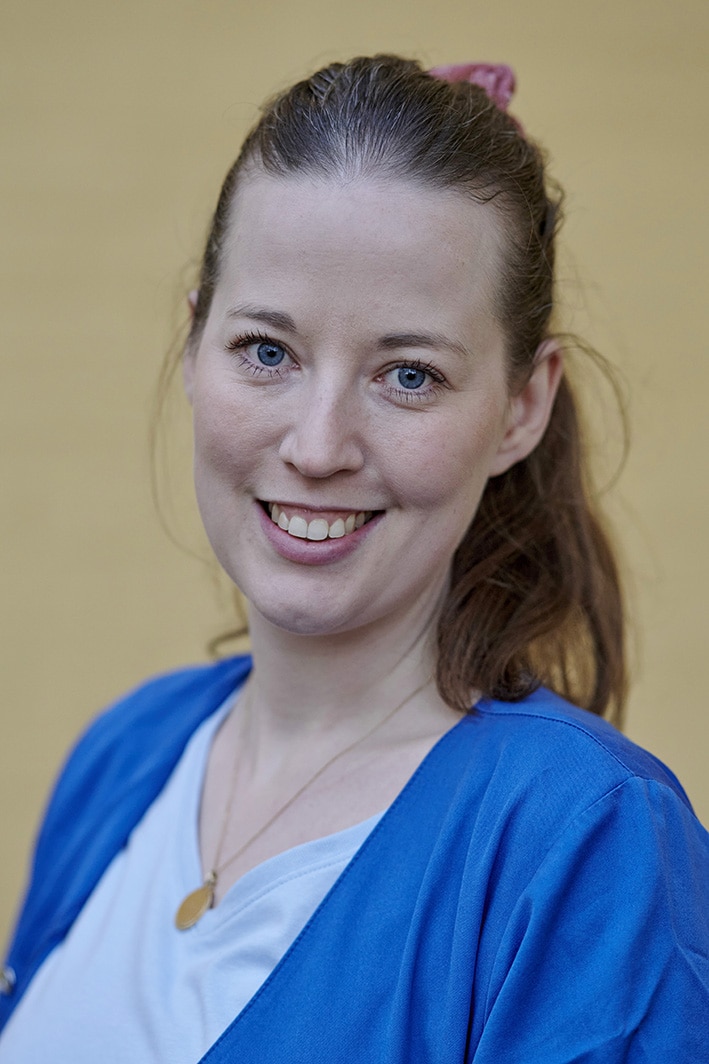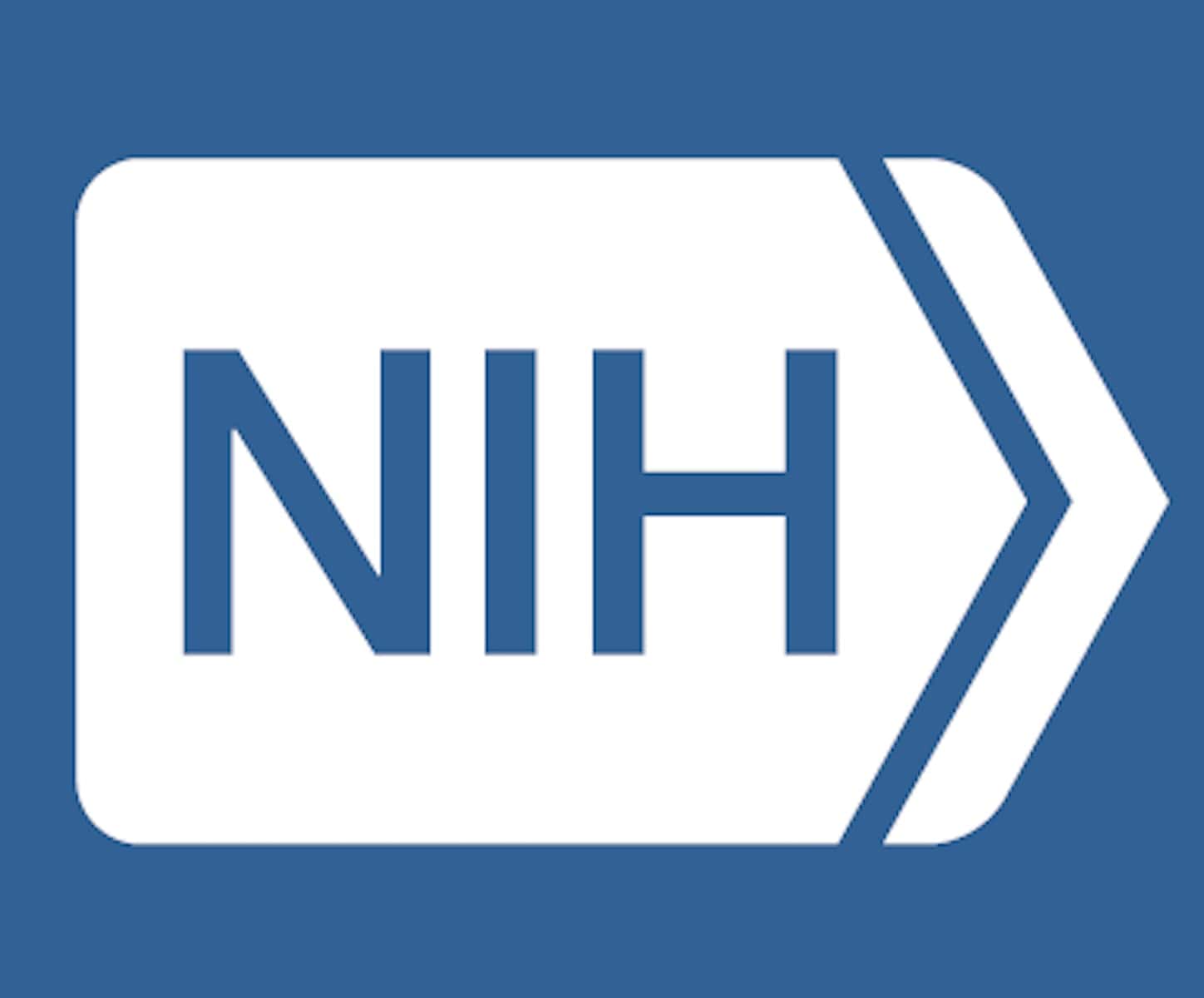
Researcher
Sidsel Armand Larsen
Academic Qualifications
Cand. Scient. Sidsel Armand Larsen is a Ph.D. student at the Neurophysiology Clinic, Filadelfia, and Aarhus University.
- Participated in the ‘Fourth International Congress on Mobile Health and Digital Technology in Epilepsy,’ Lausanne
- 2020-2023 Research Assistant, Filadelfia
- 2020-2021 Technical Assistant, NELLI, Neuro Event Labs, Finland
- 2017-2020 Technical Assistant, Neurophysiology Clinic, Filadelfia
Sidsel Armand Larsen’s Research
Sidsel Armand Larsen’s primary research area is digital technology in epilepsy. Technological advancements, wearable devices, and digital health solutions are set to radically transform the way we diagnose, treat, and follow up with patients. Her Ph.D. project focuses on the development and validation of digital health solutions in epilepsy.
Sidsel Armand Larsen is continuously involved in various research projects at the Neurophysiology Department. The main project is the Neurosense project, a large European multicenter study aimed at developing the first AI-supported medical device to predict and prevent sudden death in epilepsy to save patients’ lives.
Sidsel Armand Larsen is also involved in the following projects:
eGap Project: In collaboration with BrainCapture, this project has developed a user-friendly, affordable, and portable EEG device. The aim is to create an EEG device that can be used by personnel not trained as EEG technicians or neurophysiology assistants to reduce the diagnostic and treatment gap for epilepsy patients in third-world countries.
ECG Project: This project aims to develop a portable device for detecting and alerting focal seizures. A significant proportion of epilepsy patients experience heart rhythm disturbances during seizures. The project seeks to develop a seizure detection algorithm based on these heart rhythm disturbances.
SubQ EEG Project: In collaboration with UNEEG, which has developed a subcutaneous 2-channel EEG for implantation, the project’s goal is to create an algorithm for detecting seizures over several months to optimize treatment and seizure control.
AI-Based Detection Model: This project aims to develop and test an AI model for automatically detecting tonic seizures using a wearable motion sensor. Tonic seizures are often seen in patients with Lennox-Gastaut syndrome, who experience prolonged and nocturnal tonic seizures associated with increased mortality. There is a need for a portable device to automatically detect seizures for safety alerts and treatment optimization.
Severity Project: This multicenter study seeks to record the severity of seizures using mobile equipment. Patients with convulsive seizures have an increased risk of SUDEP compared to those with other seizure types. By using biosignals from mobile devices, the project aims to measure seizure severity and identify parameters that increase the risk of SUDEP, ultimately helping to better support these patients through enhanced monitoring.
Research Areas
- Digital solutions in epilepsy for recording various seizure types
- Affordable and usable EEG equipment for third-world countries
- Prediction and prevention of SUDEP (Sudden Unexpected Death in Epilepsy)




